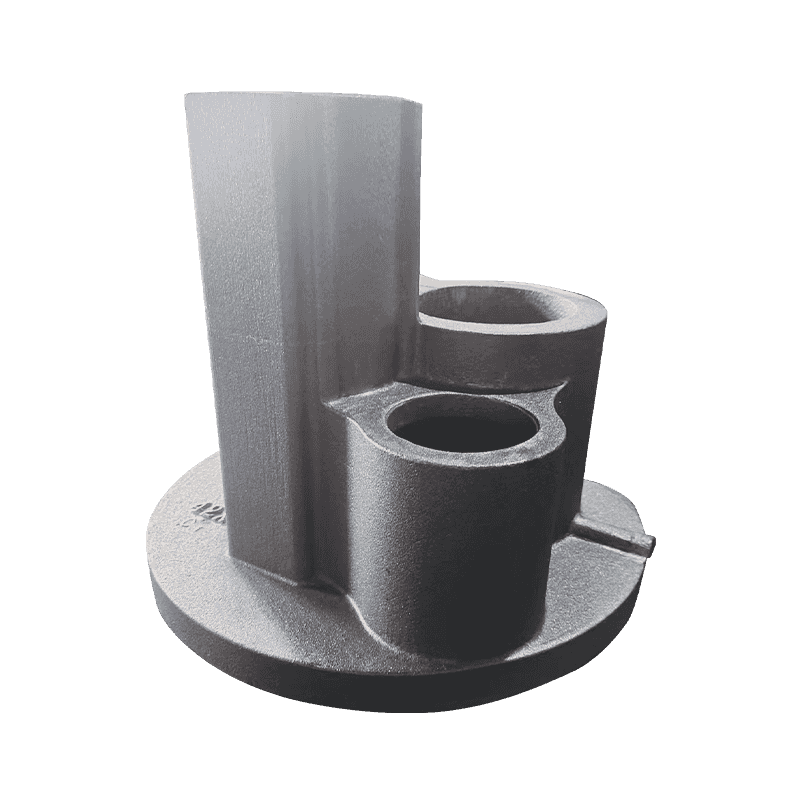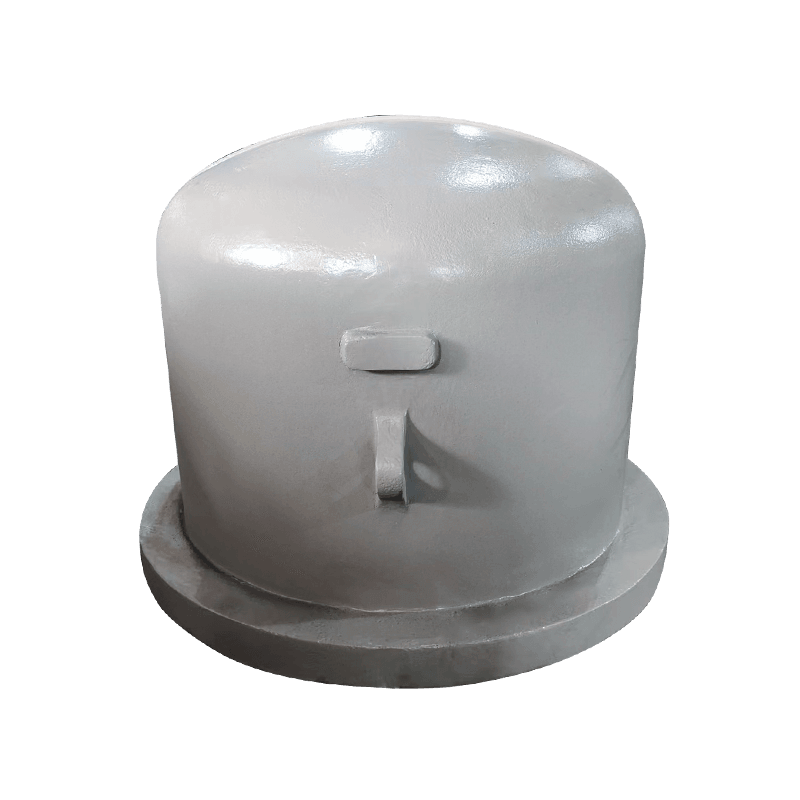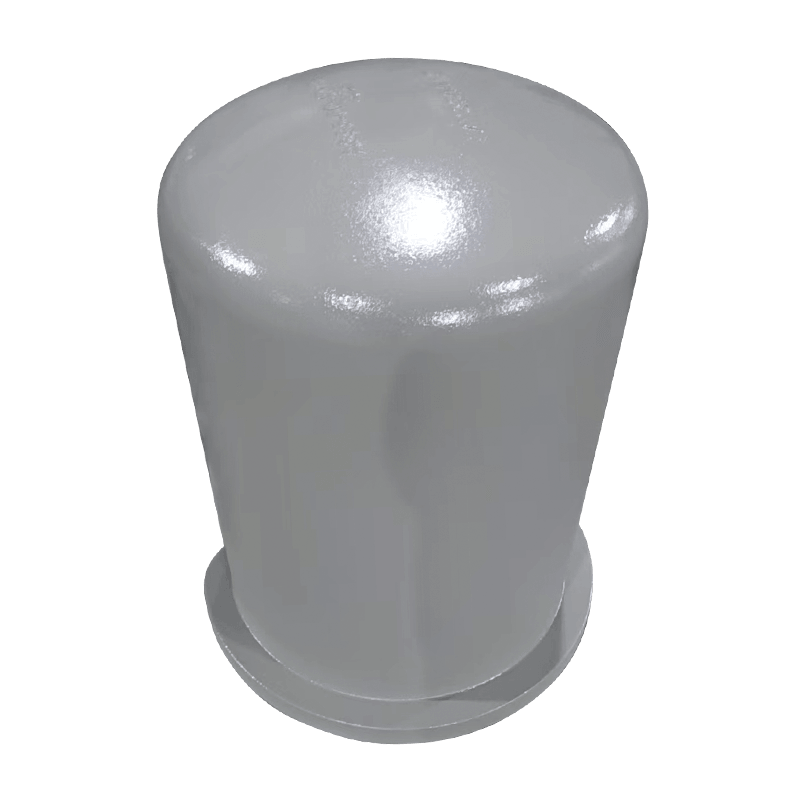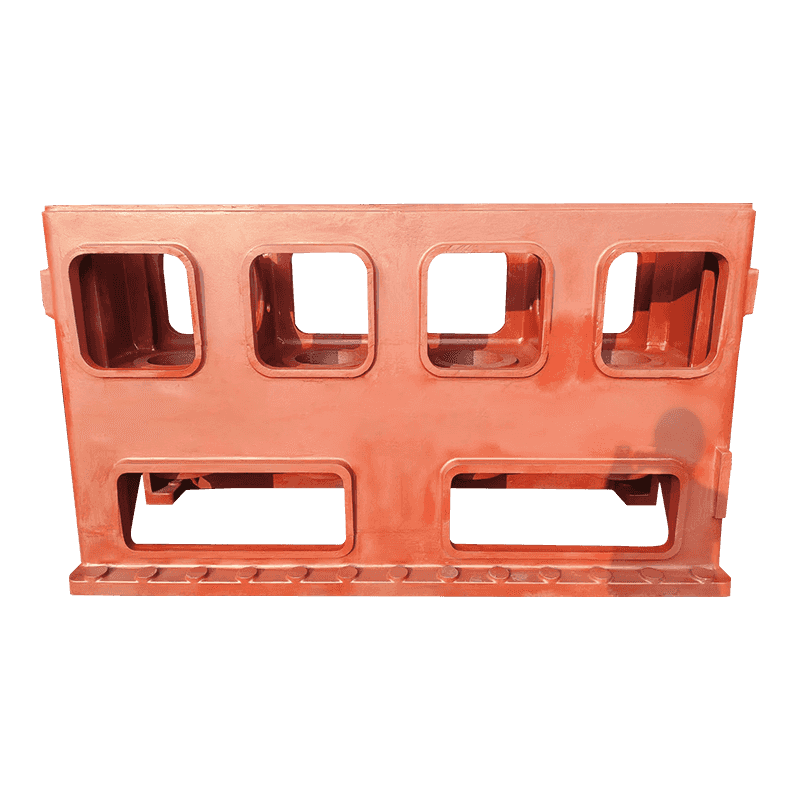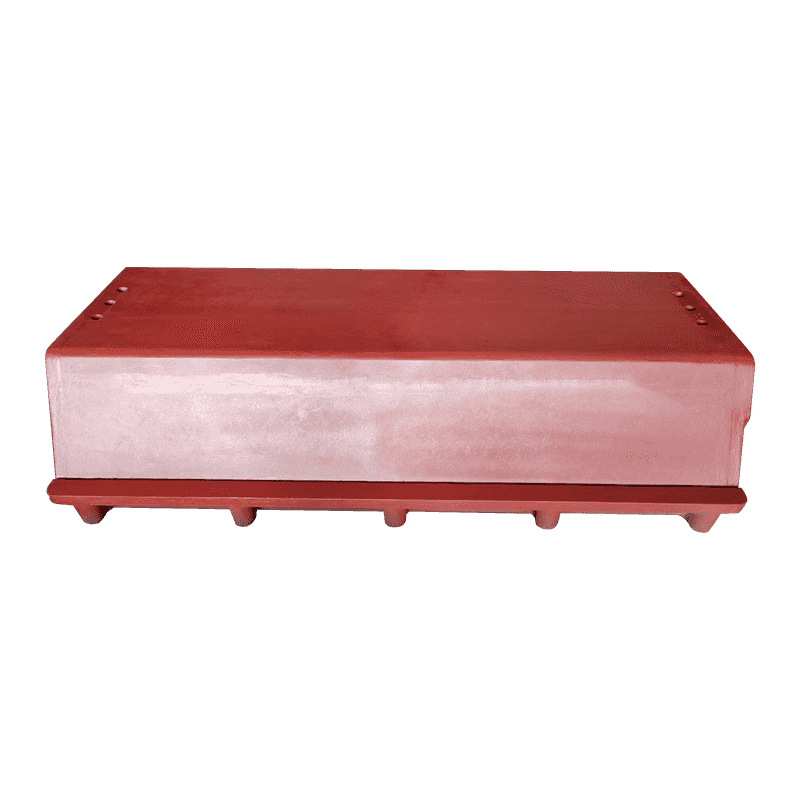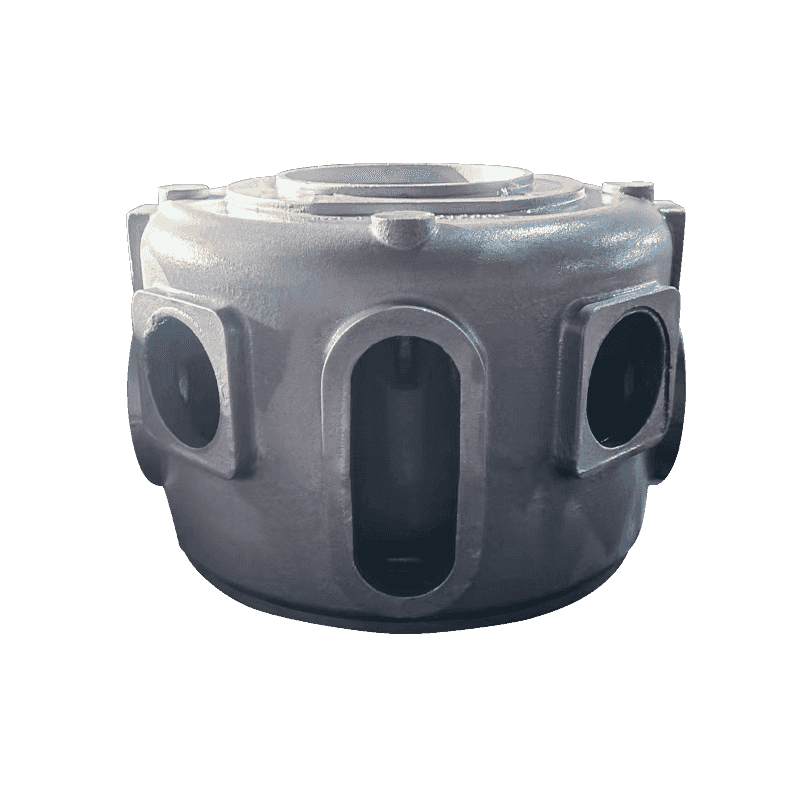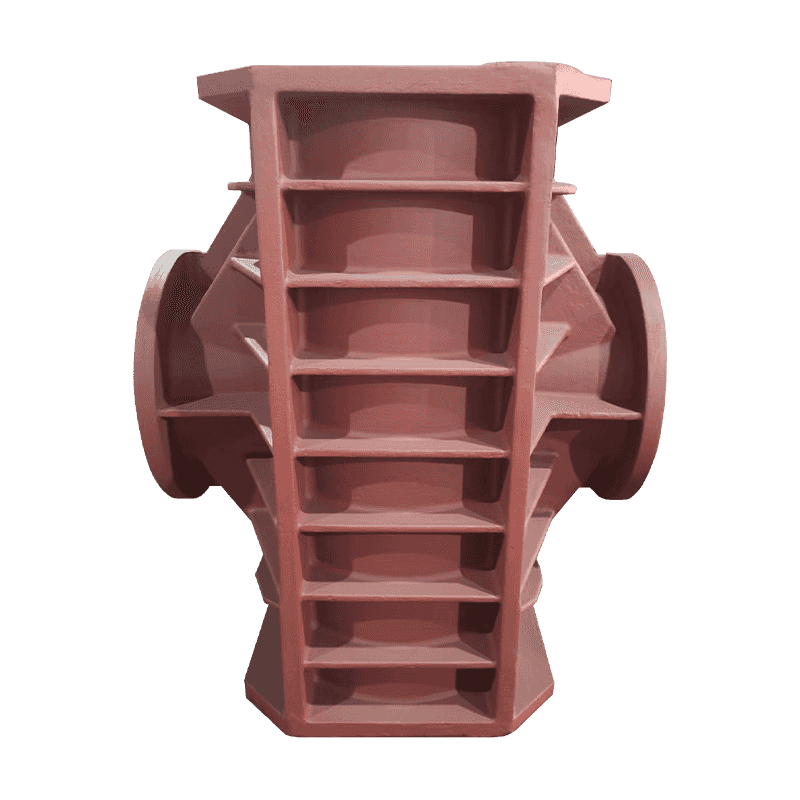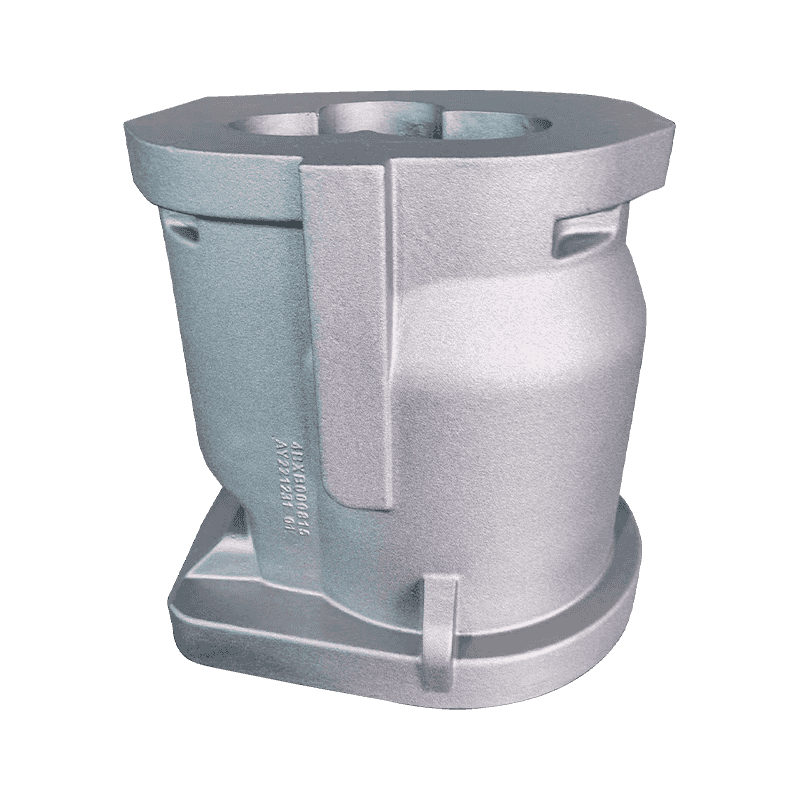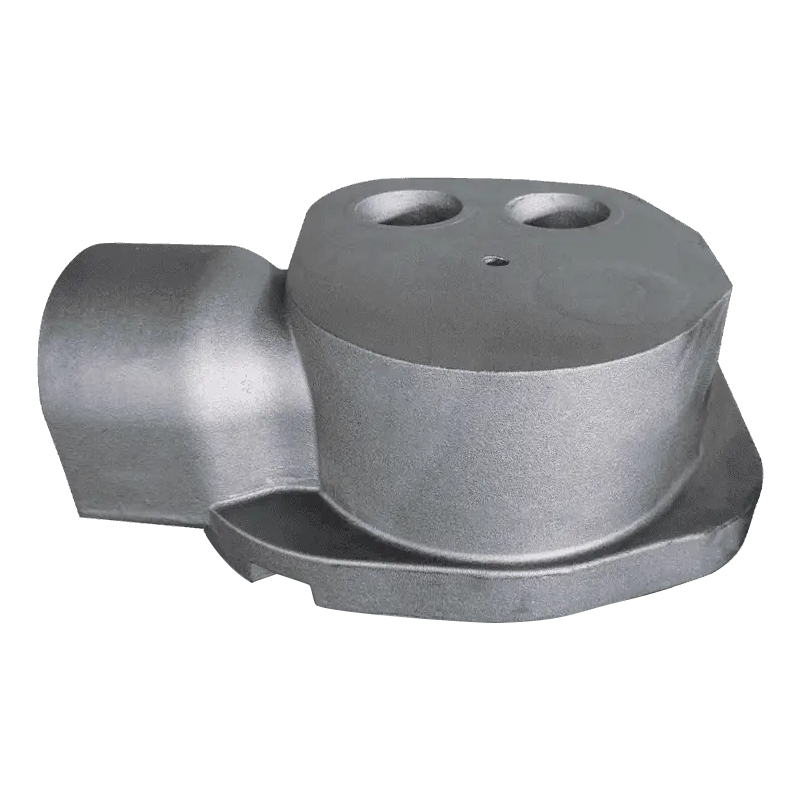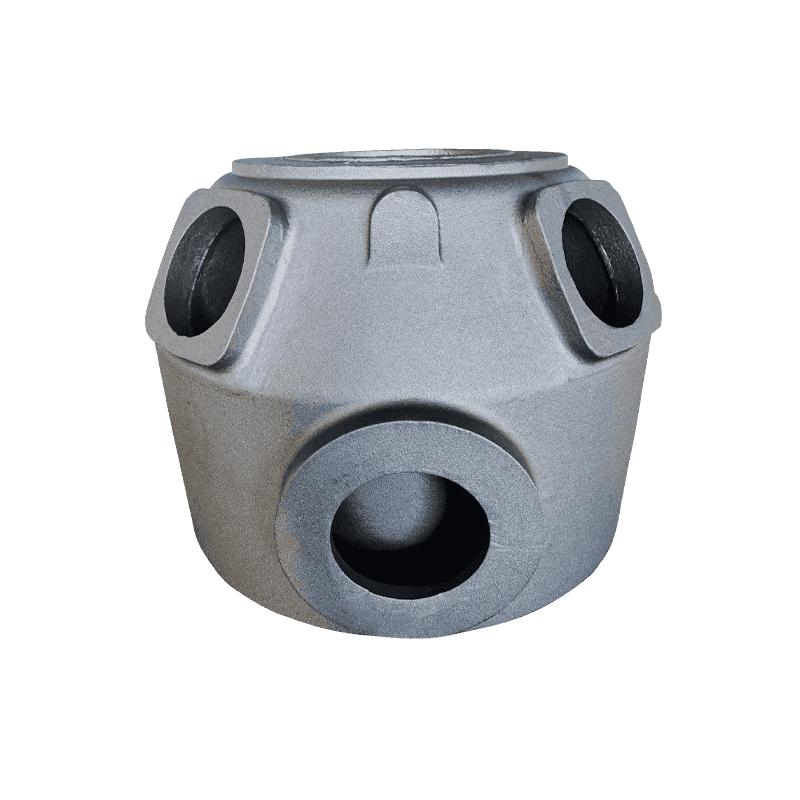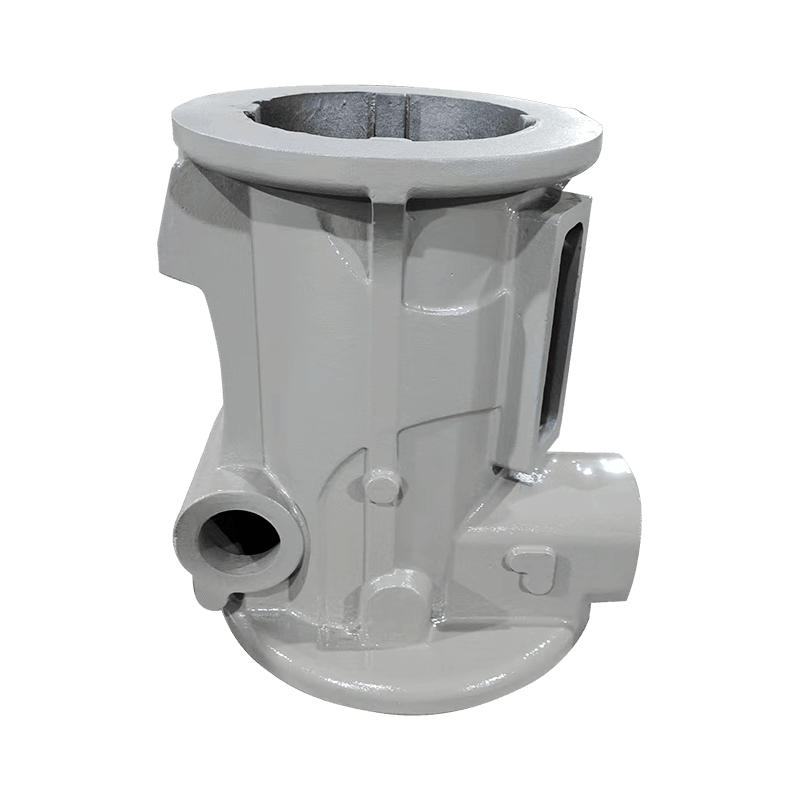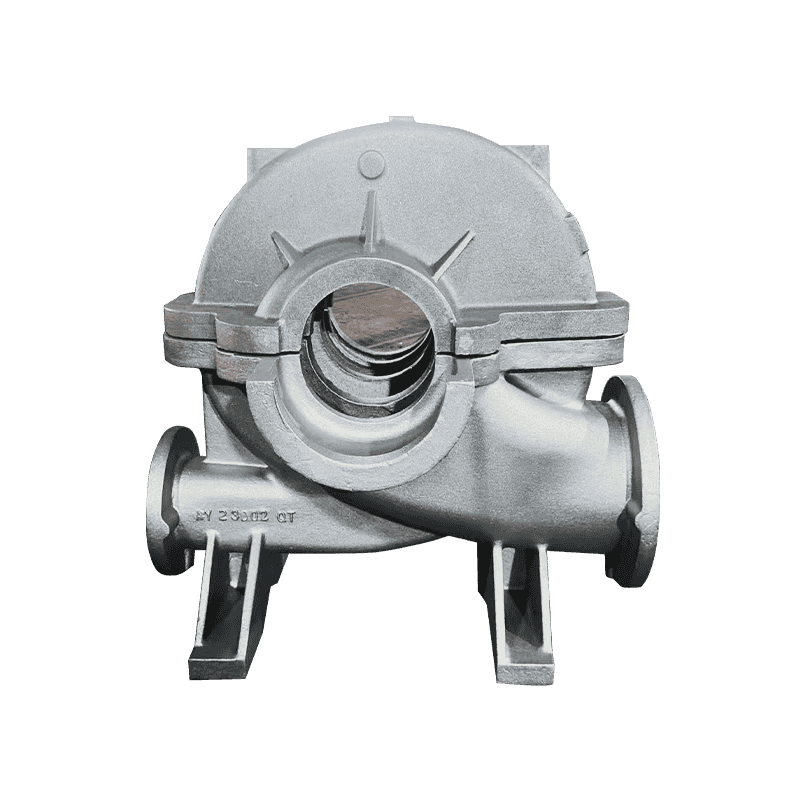Lubrication Efficiency: The compressor crankcase serves as the reservoir for lubrication oil, ensuring that the compressor's moving parts—such as the crankshaft, pistons, and bearings—are properly lubricated to minimize friction. A well-engineered crankcase is designed to facilitate optimal oil flow, ensuring uniform distribution throughout the system. The design features, such as oil channels, reservoir capacity, and filtration systems, directly affect how efficiently the oil circulates, preventing excessive wear and reducing energy losses due to friction. Proper lubrication is vital for smooth operation and extended component life, contributing to the long-term efficiency of the compressor.
Heat Dissipation: During operation, compressors generate significant amounts of heat due to the compression process. A well-designed crankcase plays an essential role in dissipating this heat, preventing overheating, which could lead to reduced performance or even damage to the components. Efficient crankcase designs include features such as heat exchangers, cooling fins, or specialized oil pumps that help regulate temperature by facilitating the transfer of heat away from critical areas. Maintaining optimal operating temperatures ensures the compressor operates within its designated parameters, preventing energy inefficiencies associated with overheating or excessive cooling requirements.
Minimizing Friction and Wear: A key function of the compressor crankcase is to support the moving components of the compressor, such as the crankshaft and connecting rods. The crankcase design determines how well these components are aligned and how effectively they are supported. Precision-engineered bearing supports, proper alignment, and the use of high-quality materials for internal components minimize friction, which directly affects energy consumption. The lower the friction, the less energy is required to operate the system, which enhances the overall energy efficiency of the compressor. Additionally, reduced friction minimizes wear, ensuring the longevity of internal components and reducing the need for frequent repairs.
Oil Management: Proper oil containment, drainage, and filtration are critical elements of an efficient crankcase design. An effectively designed crankcase ensures that oil is properly contained and circulated, preventing oil contamination by debris or metal particles. Moreover, the crankcase design must efficiently handle the removal of excess oil or condensate that might accumulate over time. Inadequate oil management can lead to sludge formation, clogging, or improper lubrication, which can degrade compressor efficiency and cause potential breakdowns. A well-designed crankcase with appropriate oil management features maintains the system's cleanliness and ensures smooth and efficient operation.
Vibration Reduction: Compressors generate vibration due to the dynamic motion of moving parts, particularly in systems with high-speed rotors. A well-designed crankcase can mitigate these vibrations by incorporating vibration-dampening features such as elastomeric isolators or structural reinforcements that absorb and dissipate vibrational energy. Reducing vibrations not only helps preserve the integrity of the compressor components but also improves overall system stability. Minimizing vibrations leads to smoother operation, lower mechanical stresses, and less wear on parts, all contributing to enhanced compressor efficiency.
Sealing and Leak Prevention: A tightly sealed crankcase is essential for maintaining pressure levels within the compressor system. Effective seals and gaskets ensure that oil, air, and other fluids remain contained within the crankcase, preventing leaks that could result in loss of pressure or contamination. A well-designed crankcase minimizes the likelihood of such leaks, improving the compressor’s efficiency by maintaining proper pressure levels and preventing energy loss. High-quality sealing materials help reduce the need for maintenance and repairs, as well as contribute to the overall longevity of the system.

